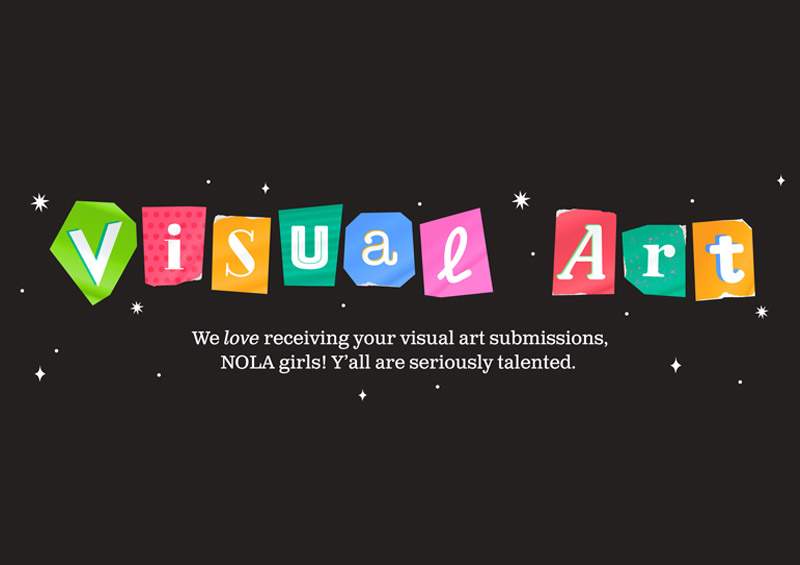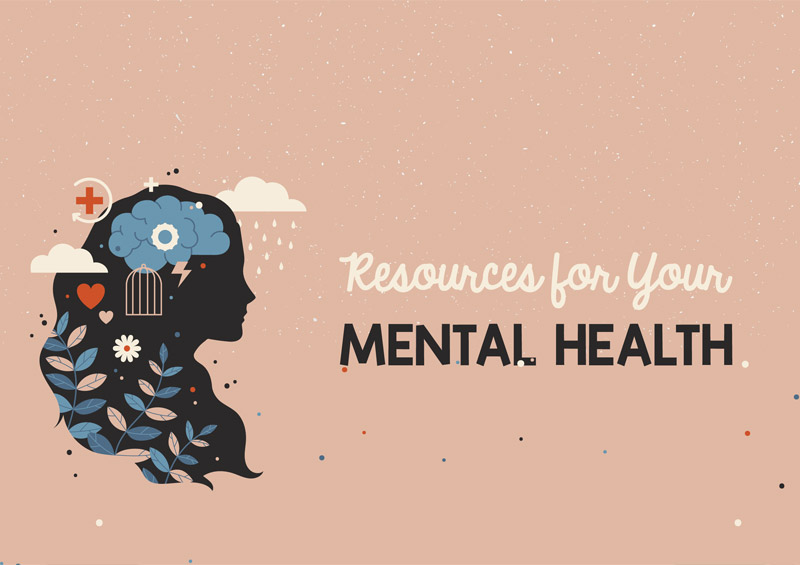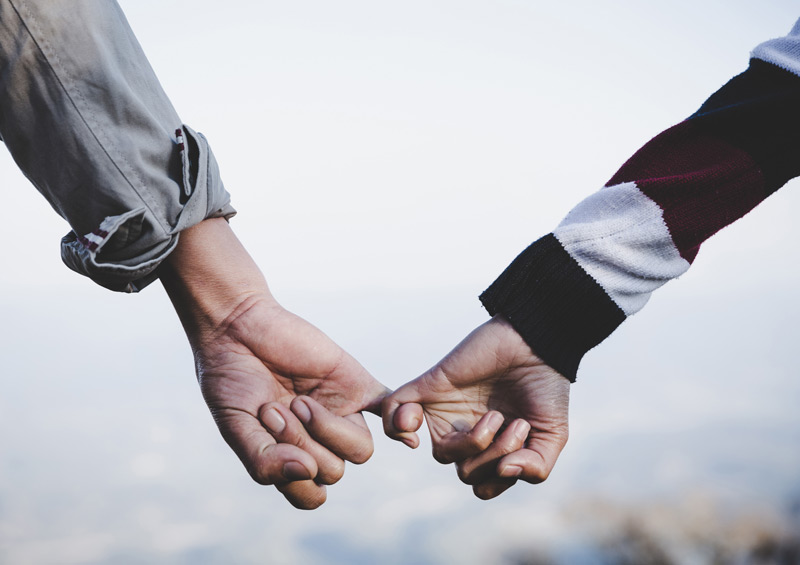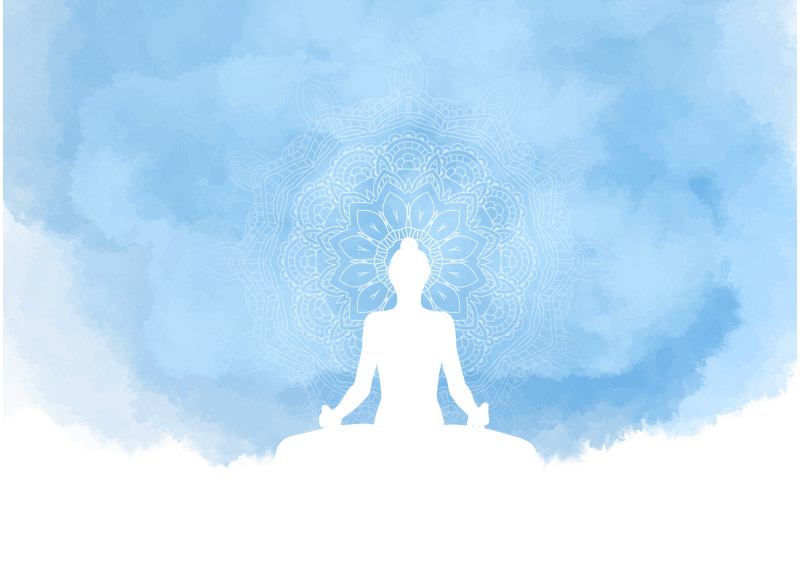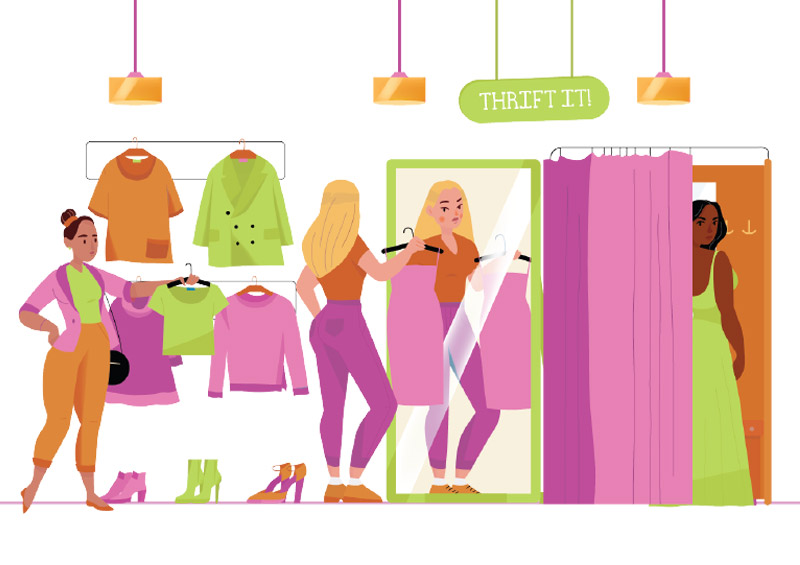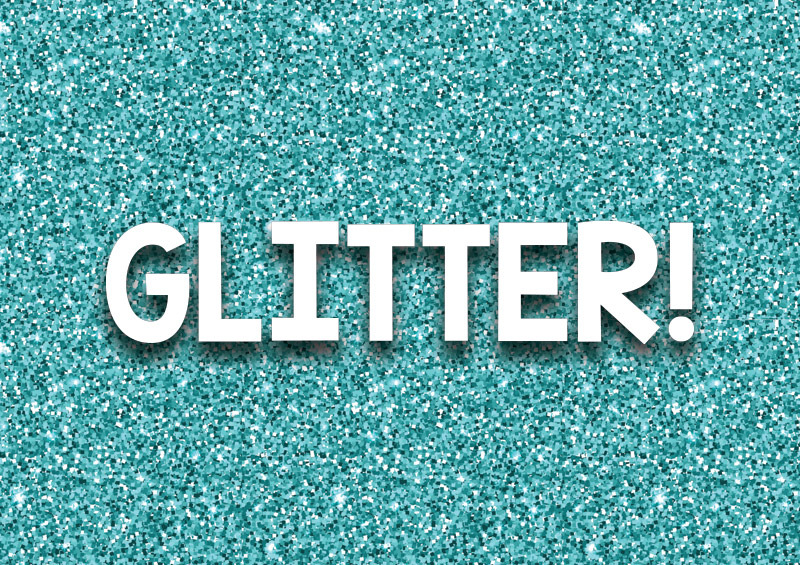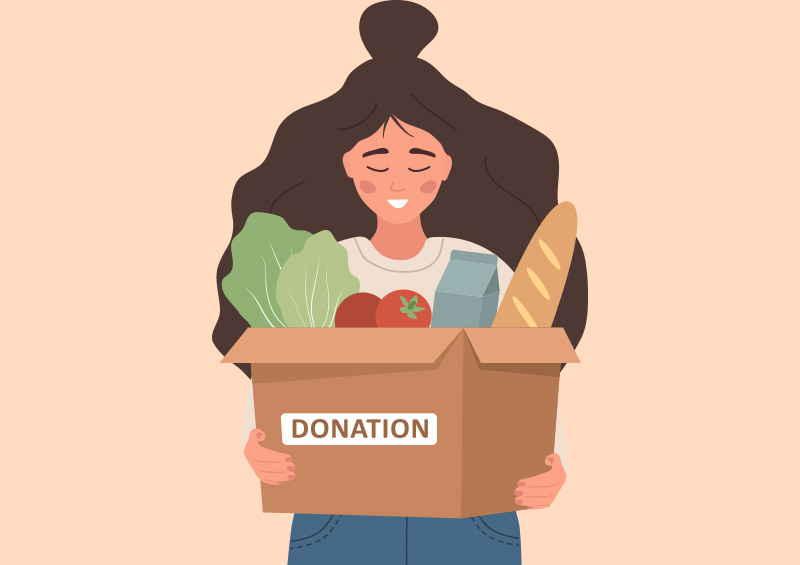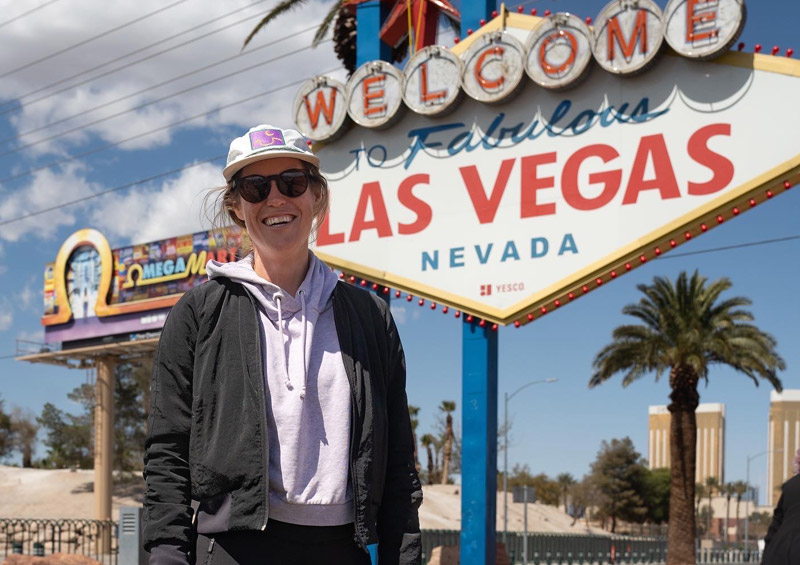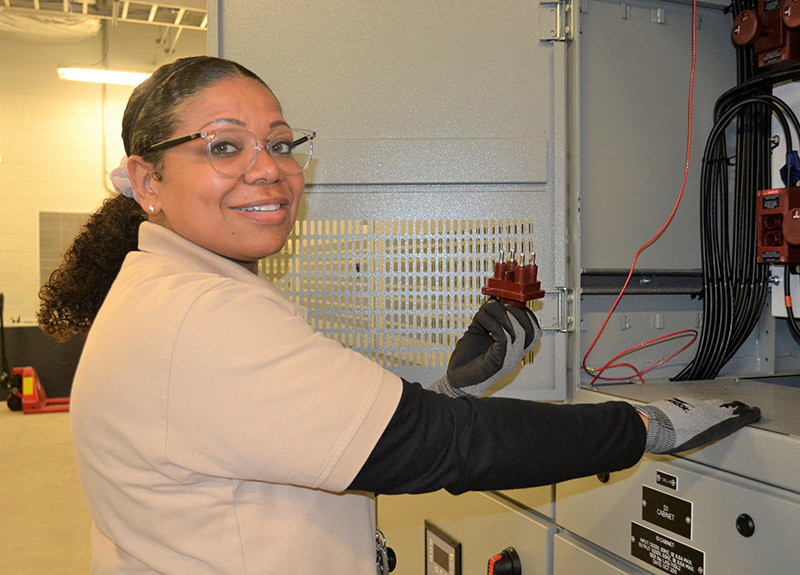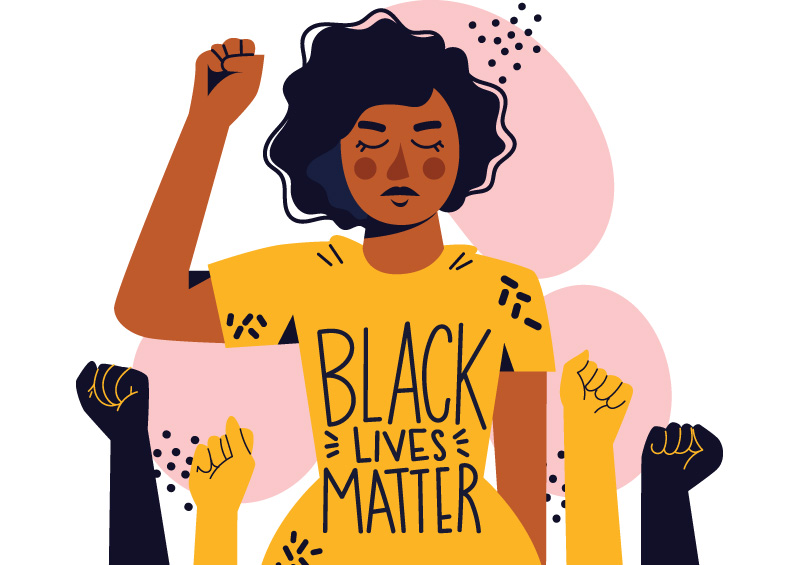What does systemic racism look like?
Prejudice exists at the individual level. Anybody can be prejudiced; in fact, all people are. Discrimination exists at the interpersonal level. When people act on their prejudices, that is when discrimination occurs. Anybody can discriminate, and it is safe to assume that all people have at some point or another in their life. Systemic racism exists on the institutional and societal level. This means two things:
It does not require individual people to be racist in order for systemic racism to exist. As long as racist systems and policies exist, people of color will be targeted by them regardless of whether or not their white friend or co-worker is racist as an individual.
Systemic racism is when people’s prejudices and actions upon those prejudices are backed by society, policy, political structures, and institutions as a whole.
White Privilege
Racism is first and foremost a system of advantage. When conversations about racism happen, people tend to focus solely on the disadvantages that BIPOC (Black, Indigenous and People of Color) experience. However, those disadvantages are usually a consequence of the maintenance of white advantage, or white privilege. White privilege is the small and large unearned advantages that come with being or, in some cases, looking white in this country. White privilege does not mean that a person “has an easy life” or that a person is rich, or many of the things that people associate with privilege. White privilege simply points out that we live in a society that provides advantages to white people solely because of the color of their skin and disadvantages people of color for the same reason.
Color-Blind vs. Color-Conscious
Anti-racism is not about creating a society in which people do not see color. The underlying assumption in the world of color-blindness is that noticing someone’s skin tone, or taking race into account, is by default considered something negative. We are advocating for a world in which we see, celebrate, and embrace our racial and cultural differences. A “color-blind” world is not only not a reality, it is also certainly not something we should strive for. I like to remind people who identify as color-blind that if they can’t see my color, they are also willfully ignoring how my race impacts my lived experience in the United States.
